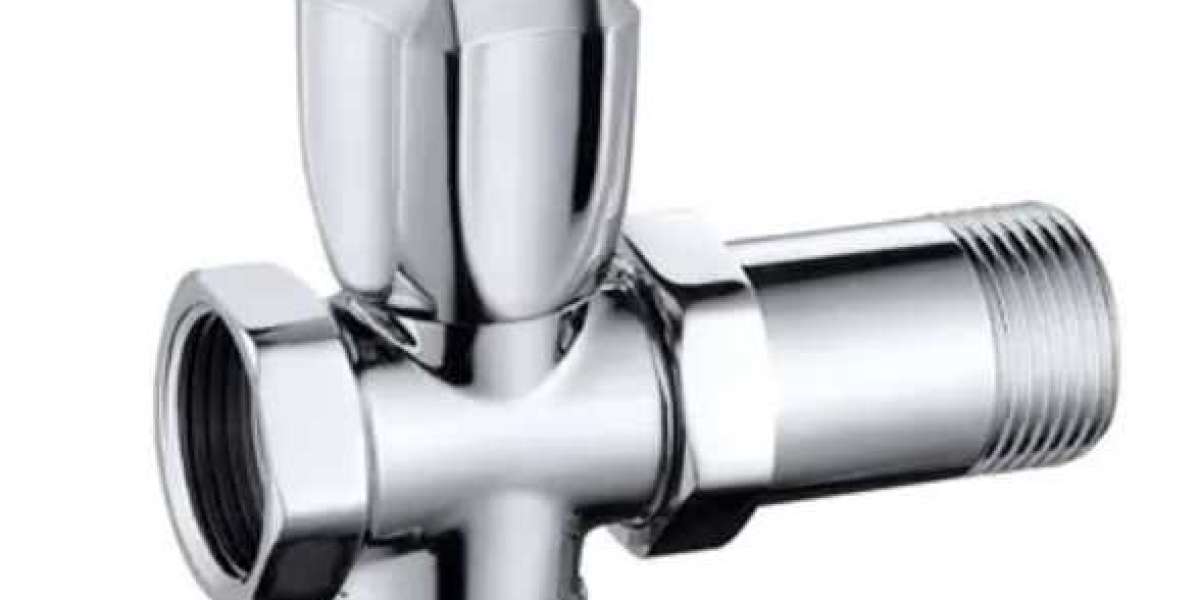A radiator valve is a crucial component in heating systems, playing a key role in controlling the flow of hot water or steam through radiators. It serves as a regulator, allowing users to adjust the temperature within a space by managing the amount of heat distributed. Radiator valves come in various types, including thermostatic and manual valves, offering different levels of control.
Thermostatic radiator valves automatically adjust the flow based on the desired room temperature, promoting energy efficiency. On the other hand, manual valves provide users with direct control, allowing them to customize the heat output according to their preferences.
The proper selection and installation of a radiator valve can significantly impact the overall efficiency of a heating system. Regular maintenance is also essential to ensure smooth operation and prevent issues such as leaks or corrosion.








